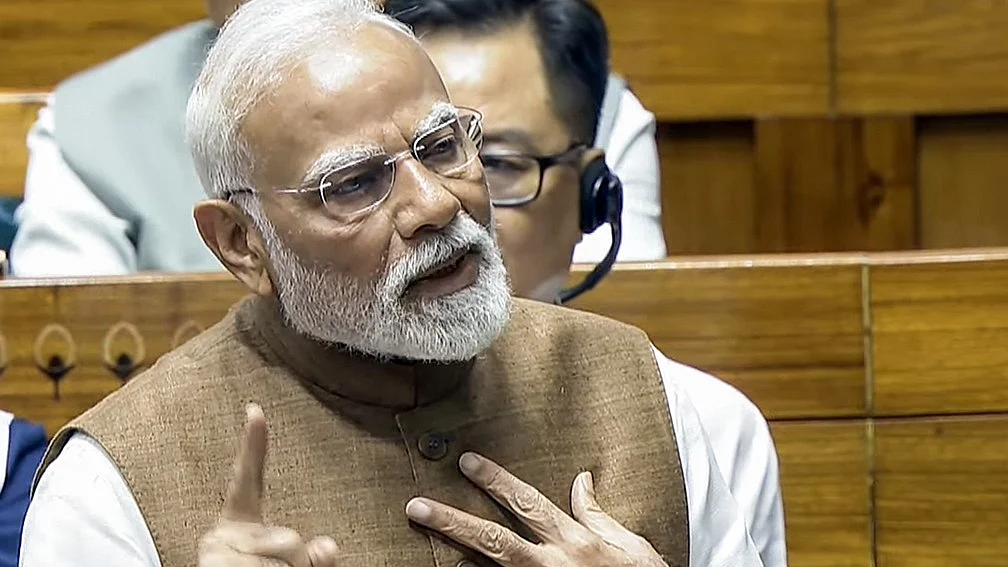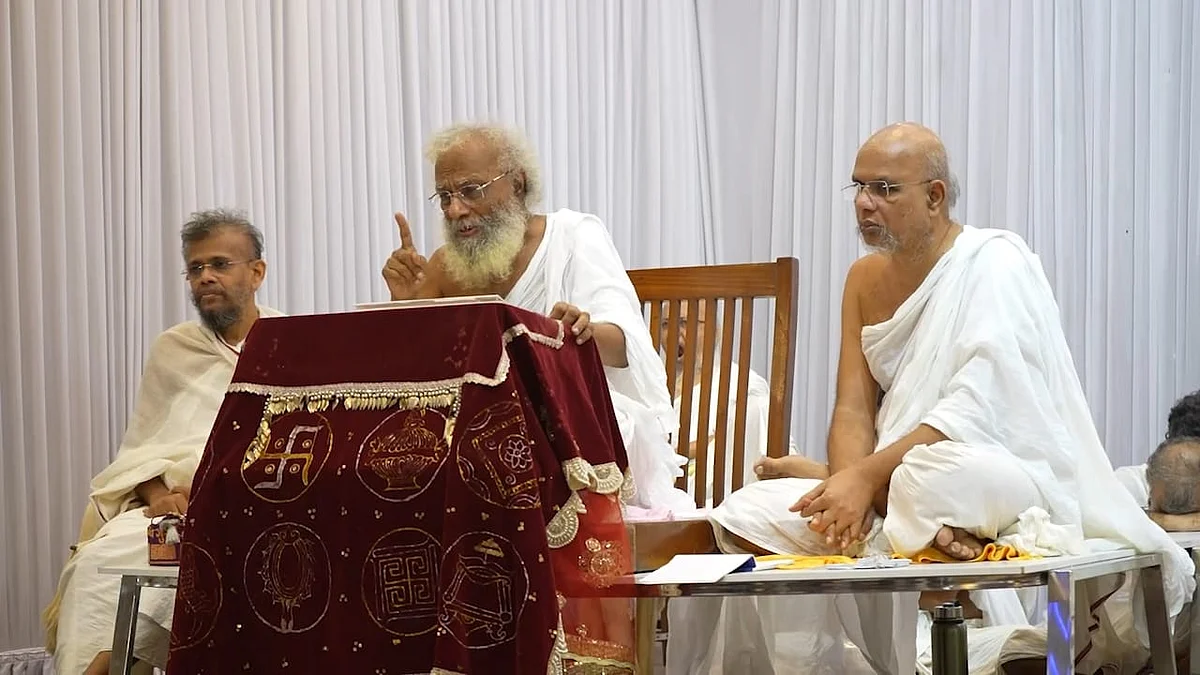Mumbai: The current scenario in Bangladesh poses a significant threat to its neighbouring countries, mainly India. The Bangladesh Army Chief has taken over, leading to substantial foreign policy challenges for the Indian government. On Saturday, the Indian External Intelligence Agency, RAW, alerted the government about these developments.
According to information shared by the external agency just 48 hours before Sheikh Hasina's exile from Bangladesh to India, if Sheikh Hasina's government falls, it could lead to the BNP (Bangladesh Nationalist Party) returning to power, bringing pro-Jamaat elements back into the political scene. This shift could enable the Pakistani agency ISI to successfully execute plans against India and allow the Chinese security agency to establish a base for operations against India, similar to their strategy in Sri Lanka.
Additionally, there are concerns about infiltration issues. The Bangladesh shares a 4,096-kilometer border with India, touching West Bengal and several northeastern states. which are already affected by extremist activities.
According to a top official of the agency, the violence against Hindus and temples in Bangladesh has become a significant threat to the border. The exodus of Hindu refugees potentially seeking asylum in India, as Jamaat rule seems to be returning to Bangladesh, poses considerable challenges. The porous border could become a route for illegal immigration, including Hindu refugees and Rohingyas falsely declaring themselves as Hindus. The crisis has the potential to enable criminals and suspected terrorists to enter India under the guise of refugees. Such individuals might use the turmoil to evade law enforcement and carry out illicit activities, including potential terrorist acts.
This situation not only raises the specter of increased cross-border influx into the northeastern states of India but also presents terror, social, and economic challenges for the country. Pakistan’s Inter-Services Intelligence (ISI) has historically supported insurgent groups in Northeast India. The current instability in Bangladesh provides a fertile ground for these groups to regroup and receive support, posing a renewed threat to India’s internal security.
Sources reveal that several agents involved in illegally infiltrating Bangladeshis into India are currently active. In recent years, these agents have been facilitating the entry of Bangladeshis for labor work at construction sites in various states and have been involved in the business of providing Indian citizenship to Bangladeshis through fake documents. The agencies are on a high alert to meet any emergencies emerging out of the recent turmoil in our neighborhood.
Currently the BSF and the police of border states of Assam, Meghalaya, West Bengal, Tripura and Mizoram are on high alert. Indian agencies have sealed all access routes and are monitoring the porous pathways to prevent illegal entry into India. As of now, more than five temples and Hindu-owned businesses and houses have been burnt by extremists in Bangladesh. In response, the Bangladesh Army has released helpline numbers for Hindus living across the country and prepared a list of contacts in various districts to aid those who might be in danger.
Intel and security agencies suspect that in the coming days, Bangladesh could become a launch pad for Pakistan and China against India. The current instability in Bangladesh may facilitate the pumping of fake currency, terror operations, and funding from within its borders. Sources reveal that the BNP, Jamaat-e-Islami, and other pro-Islamic associates will exploit the situation to support Pakistan and China, putting pressure on India.Sheikh Hasina’s long rule and her cooperation with India have been crucial in cracking down on jihadi elements and ISI-backed outfits like Harkat-ul Jihad Islami and Jamaat-ul Mujahideen Bangladesh (JMB), which had engineered terror attacks in India. Additionally, she has denied a safe haven to Northeast insurgents from groups like ULFA, contributing to peace in India. Her potential exit could revive and re-energize these troublesome elements, adding to India’s internal security troubles due to a hostile neighborhood.
The intelligence agency found that China is once again adopting the same method they used in Sri Lanka. During her recent visit to China, Hasina signed several agreements focusing on infrastructure development, energy cooperation, and trade. China's investment in Bangladesh's infrastructure, particularly in ports and energy projects, mirrors the strategy they adopted in Sri Lanka.
.jpg?width=1200)







